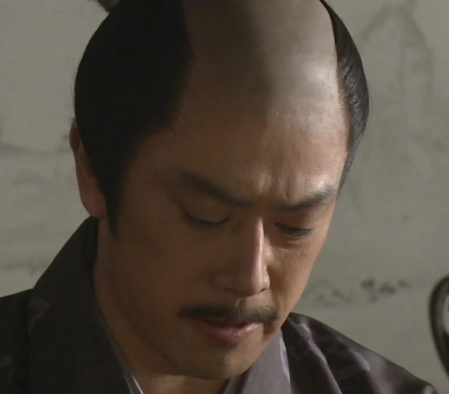In the long river of ancient Chinese history, there is such a figure who is praised by later generations as the "Oriental Sherlock Holmes". He is Di Renjie, a famous minister and judge in the Tang Dynasty. With his keen insight, excellent reasoning ability and fair and impartial judicial attitude, Di Renjie has become a legendary detective image in folk stories and literary works. However, is his real ability to handle cases really as powerful as legend has it?

First, we should understand the real status of Di Renjie in history. Di Renjie was a famous politician and judge in the Tang Dynasty. He held important positions during the reign of Emperor Taizong and Empress Wu Zetian, including the important position of the director of Dali Temple, a judicial organ. During his tenure, Di Renjie was known for his honesty and uprightness. He insisted on handling cases according to the law, was not afraid of the powerful, and repeatedly corrected miscarriages of justice, winning widespread praise from the people.
Regarding Di Renjie's ability to handle cases, there are indeed many historical records about his keen observation and intelligent handling of extraordinary cases. In these stories, Di Renjie often reveals the truth behind the case through careful observation and logical reasoning. However, these records mostly come from later literary works and folk legends, such as the novel "Case of Judge Di", which are based on the historical figure of Di Renjie, but often contain exaggerated and fictional elements.
In real historical evaluation, Di Renjie was indeed an outstanding judge and politician. His wisdom and fairness earned him the reputation of "wise and fair judgment". However, comparing him with a fictional character like Sherlock Holmes is obviously a cultural analogy and exaggeration. Sherlock Holmes is a detective image created by British writer Arthur Conan Doyle, who solves complex criminal cases by applying scientific methods and logical reasoning, while Di Renjie is an image of a judge in real history, and his deeds are more reflected in political and legal reforms.
In summary, although Di Renjie's real ability to handle cases as the "Oriental Sherlock Holmes" cannot be verified, he has indeed left a profound imprint in history with his wisdom and justice. His deeds, after being processed by literature and art, have become a symbol of wisdom and fairness in Chinese culture, and this symbol also inspires later generations to pursue truth and justice to some extent.
Disclaimer: The above content is sourced from the internet and the copyright belongs to the original author. If there is any infringement of your original copyright, please inform us and we will delete the relevant content as soon as possible.






























